Portal for more climate-friendly mobility

Setback for climate protection
If the European Parliament has its way, a Europe-wide ban will be imposed on conventional cars and light commercial vehicles weighing up to 3.5 tonnes with internal combustion engines from 2035 onwards – a bitter blow to technology neutrality and sustainable fuels such as e-fuels and biogas. One key point here: heavy goods vehicles are not affected by the ban, i.e. trucks with CNG and LNG engines.
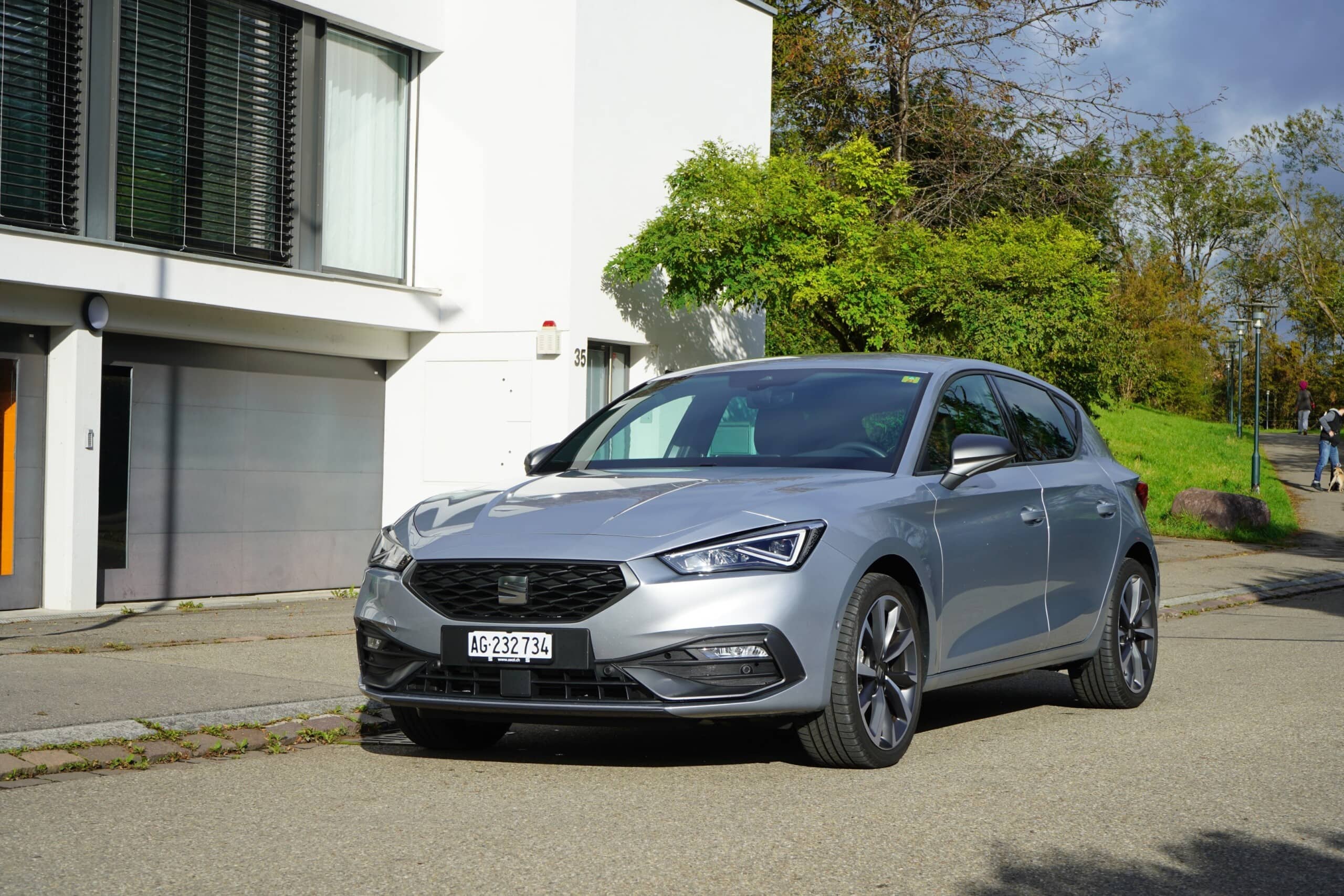 From 2035 onwards, no new cars – such as this Seat Leon with CNG drive, which is almost CO2-neutral on the road thanks to biogas in the tank – and light commercial vehicles with combustion engines will be allowed to be sold in Europe. Source: CNG-Mobility.ch
From 2035 onwards, no new cars – such as this Seat Leon with CNG drive, which is almost CO2-neutral on the road thanks to biogas in the tank – and light commercial vehicles with combustion engines will be allowed to be sold in Europe. Source: CNG-Mobility.ch
Some 320 million cars in Europe and as many as 1.4 billion worldwide could easily be climate-friendly if they were to run on synthetic fuels and biogas. Members of the EU Parliament are apparently not particularly interested in this: if they have their way, conventional cars with internal combustion engines will be banned throughout Europe from 2035 onwards. In the vote on more rigorous CO2 emission standards for new passenger cars and light commercial vehicles, a majority of MEPs voted in favour of a purely electrification strategy for road transport. With only 607 out of 705 MEPs present, a decision was made that will have enormous implications for climate protection – and for the economy, too! 280 wanted to remain technology-neutral after 2035, allowing renewable fuels for internal combustion engines too, but 316 opted for the one-way street of electrical power – which hopefully won’t turn into a dead end.
As a result, policymakers are effectively closing the door on Europe being able to use synthetically produced e-fuels and looking to abandon the combustion engine in new passenger cars and light commercial vehicles from 2035 onwards. “Reducing emissions should be the guiding principle of European climate policy – not banning climate-friendly options,” said Monika Griefahn, spokesperson for the E-Fuel Alliance. “Unfortunately, many MEPs have opted for exactly the opposite, simply ignoring the key role that sustainable renewable fuels can play in reducing transport emissions.”
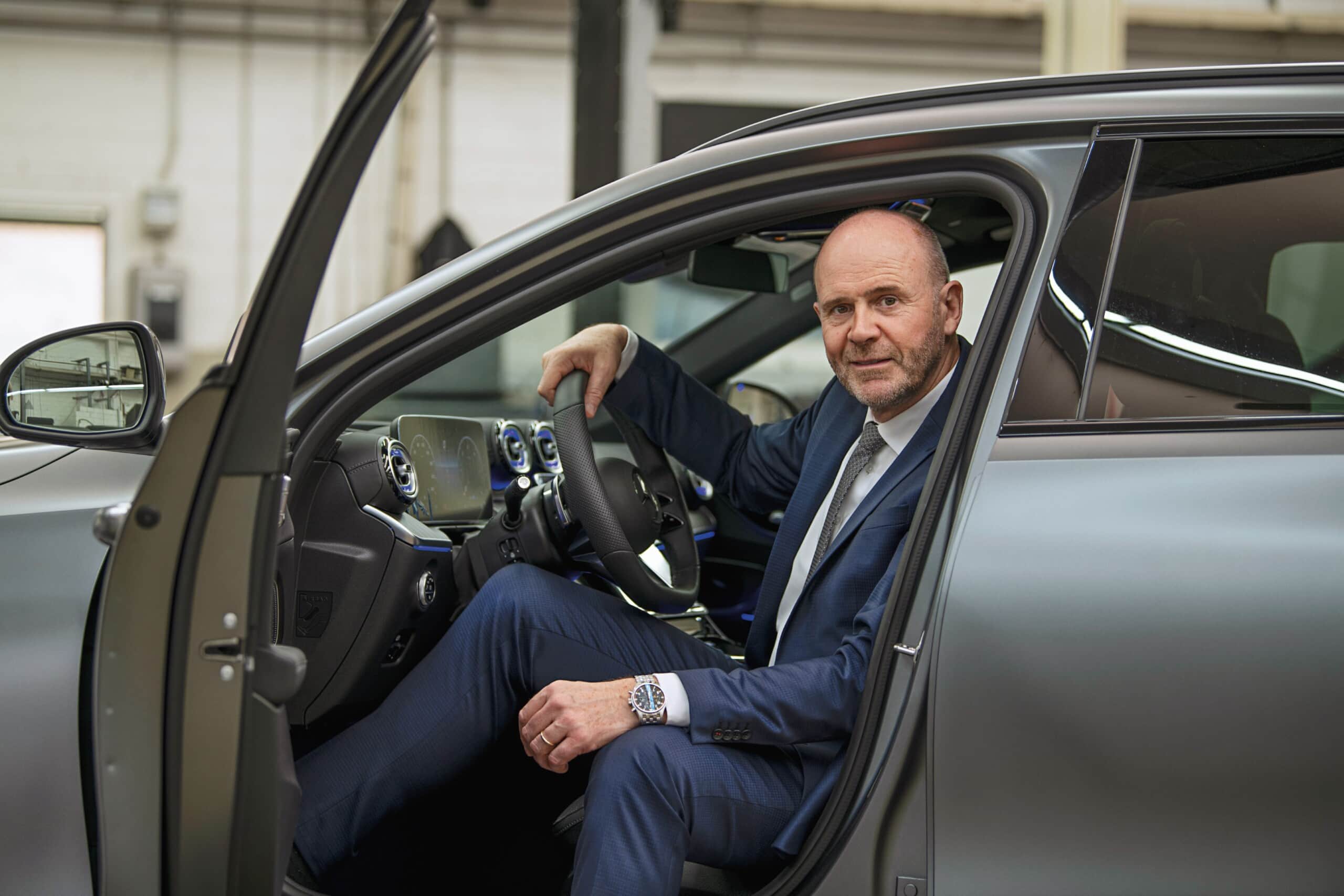 Thomas Hurter, National Councillor and Central President of the Garage Trade Association of Switzerland, considers the EU decision to be wrong. Source: AGVS media
Thomas Hurter, National Councillor and Central President of the Garage Trade Association of Switzerland, considers the EU decision to be wrong. Source: AGVS media
Experts, scientists, associations, oil producers and automotive suppliers agree that the current EU regulation on CO2 standards, which focuses exclusively on exhaust emissions, will not ensure a timely transition to climate-neutral mobility. This is because it fails to take into account emissions that occur in earlier or later phases of a vehicle’s life cycle, such as the manufacture of the vehicle or the generation and provision of operating power.
“This is the wrong way forward – and that goes for Switzerland, too,” says Thomas Hurter, National Councillor and Central President of the Garage Trade Association of Switzerland, for example, adding that technology bans are never effective and always prevents innovation. As Hurter says: “Synthetic fuels will still have a vital role to play in the mobility of the future.” This is because the entire tank and distribution infrastructure for the use of these sustainable, synthetic fuels is already in place, he explains, so it would even be possible to convert the existing fleet to climate-neutral operation. By contrast, this infrastructure has yet to be established in the case of electric and hydrogen mobility.
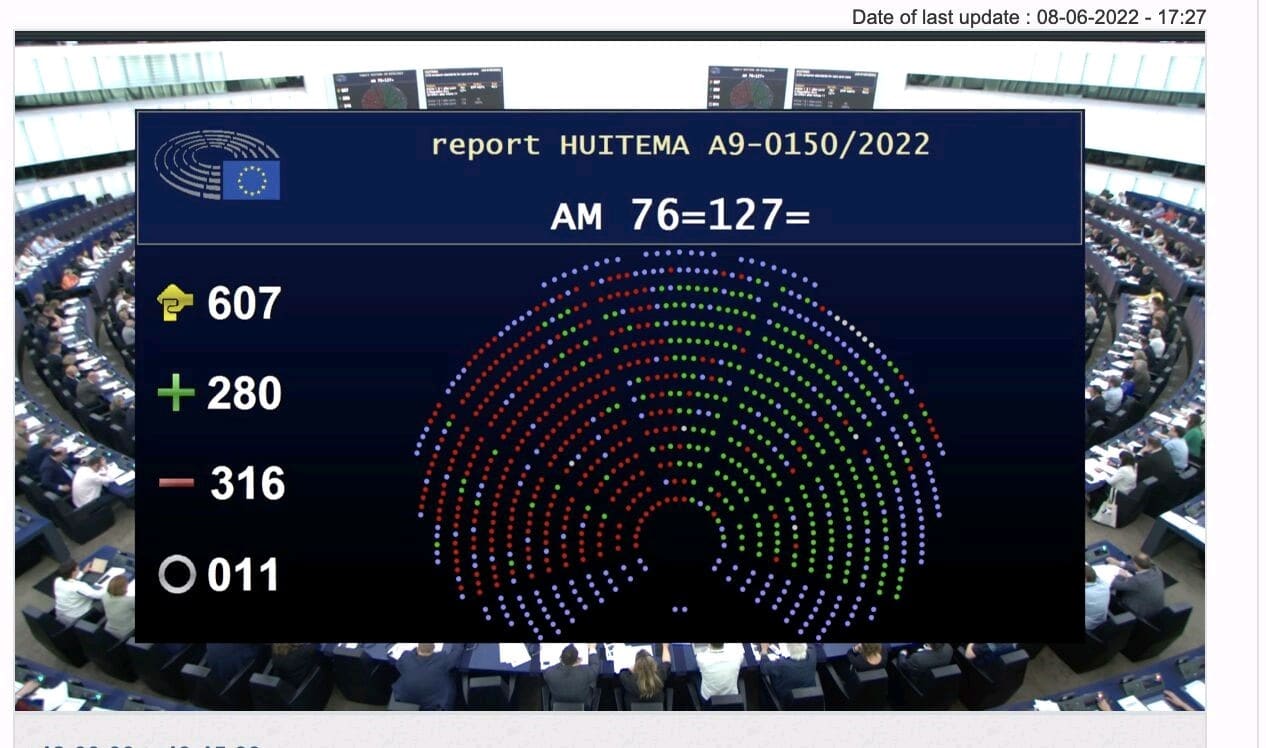 Source: Tobias Block
Source: Tobias Block
“The ban on the combustion engine from 2035 will go down in history as a major error in the EU’s strategy for a zero-emissions society,” says Arnd Franz, Executive Vice President and CEO of LKQ Europe. “This isn’t a solution to enable 320 million vehicles currently on European roads to reduce emissions now! It’s all based on incorrect tailpipe calculations – and gives consumers less choice in terms of powertrain types,” says the head of Europe’s largest supplier in the automotive aftersales business. “We’re likely to fail if we adopt this approach,” says Franz.
Christian Bach, head of the Vehicle Propulsion Systems department at Empa, specifies: “This is not a ban on internal combustion engines, but the plan is to set the CO2 target value at 0 g/km. Hydrogen burners, for example, are then still possible. From a CO2 perspective, however, it would be more important to ban fossil fuels but leave the type of drive open. After all, internal combustion vehicles powered by renewable energy are just as clean as electric cars powered by renewable electricity.” Because in Bach’s view, electric cars only make sense in terms of CO2 emissions when powered by renewable energy. But where that renewable electricity will come from is an open question, he said. “The power grids in many EU countries are not designed for such rapid electrification.”
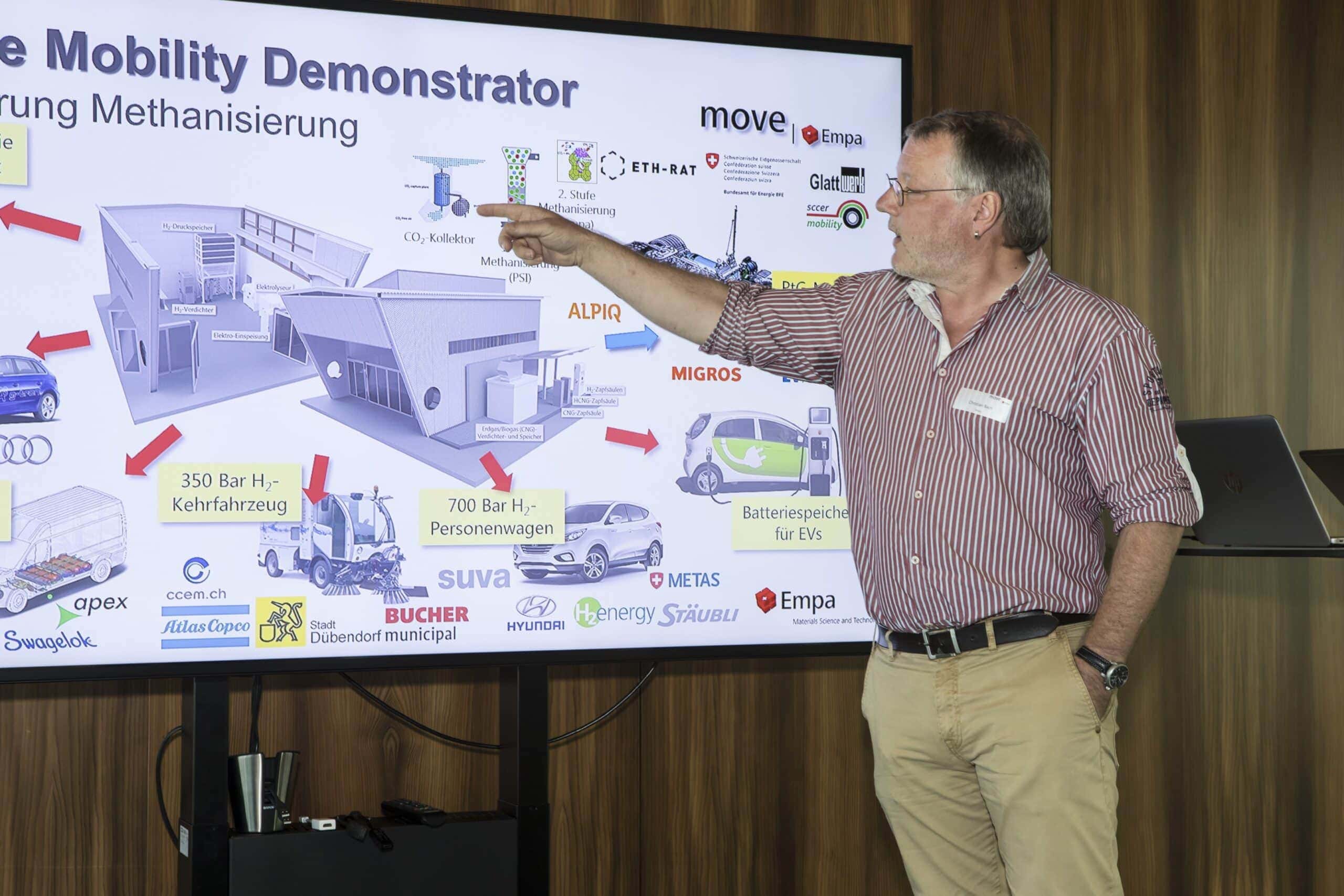 Christian Bach explains how the Mobility Demonstrator “move” works. Source: Empa
Christian Bach explains how the Mobility Demonstrator “move” works. Source: Empa
The EU Parliament has yet to negotiate with the EU states before the decision to phase out combustion engines in new cars from 2035 can finally come into force. It is still not certain whether Switzerland will accept the ban. Another important point: heavy goods transportation, in which trucks with CNG and LNG engines emit up to 35 % less CO2 than comparable diesel trucks – and as much as 85 % less CO2 where Swiss biogas is in the tank – is not affected by this ban on combustion engines. So sustainable goods transport will remain possible here thanks to regionally produced biogas! (pd/jas, 09 June 2022)
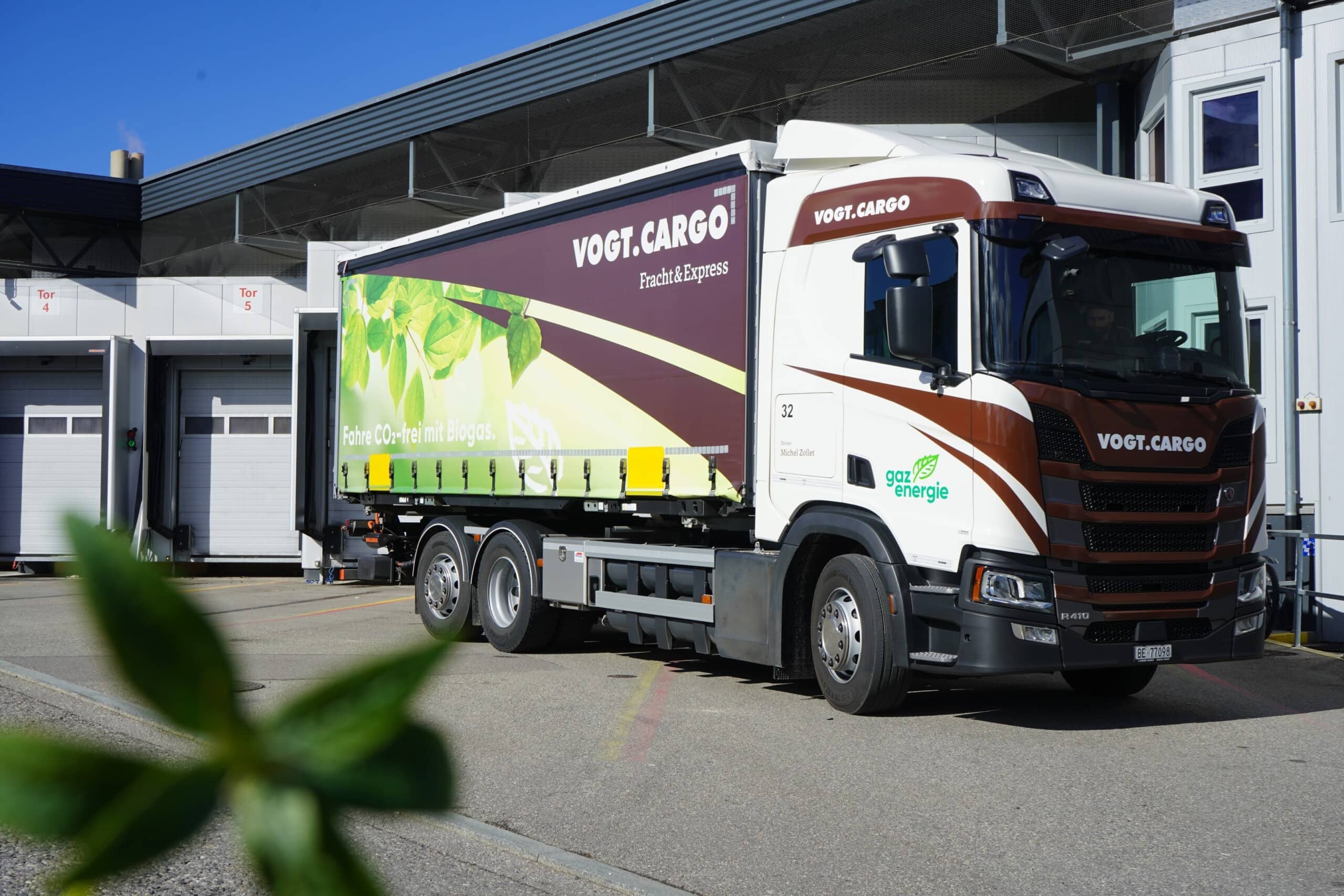 The currently very popular trucks with CNG and LNG drive throughout Europe are not affected by the combustion engine ban from 2035. Source: CNG-Mobility.ch
The currently very popular trucks with CNG and LNG drive throughout Europe are not affected by the combustion engine ban from 2035. Source: CNG-Mobility.ch
You might also be interested in
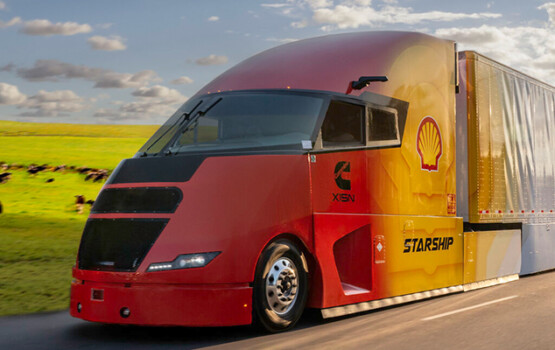
Shell Starship on record hunt
